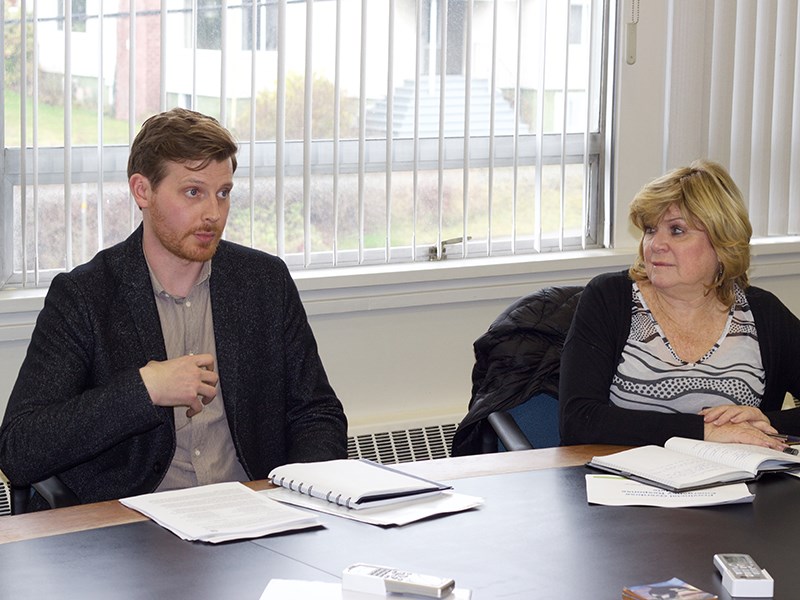An announcement made by BC Ministry of Health on February 9 included Powell River in a list of 18 communities that will receive upward of $100,000 in dedicated funding to fight an overdose epidemic.
The money will be directed to communities similar to Powell River that have an established multi-stakeholder working group and used to enhance response and create on-the-ground, community-action teams. Funds will remain in Powell River and action teams will be directed according to the requirements of each community.
Powell River’s overdose death rate is the second highest and one of the hardest hit communities in the entire Vancouver Coastal Health (VCH) authority, which includes Vancouver, Richmond, North and West Vancouver, Sea to Sky, Sunshine Coast and the central coast.
“In smaller populations that may not have as many deaths, they could have a very high rate,” said VCH chief medical health officer Patricia Daly. “In fact, Powell River has had the second-highest death rate from overdoses after Vancouver.”
City of Powell River councillor Maggie Hathaway, who holds the protective services portfolio on council, has been at the forefront of tackling overdose in the community, and said it surprised her that Powell River had the second-highest death rate.
In 2017, the city held its first public forum on the opioid overdose crisis, which resulted in the creation of a family support group. A needle exchange program has also been available for a number of years at Powell River General Hospital and, most recently, a needle exchange disposal was installed at Powell River Public Library.
“The harm-reduction committee here has been really active over the past many months, so this team will just look to build off of that,” said VCH director of special projects Chris Van Veen, who was recently in the city meeting with community stakeholders, including RCMP, BC Ambulance Service, local VCH mental health and addictions representatives and municipal leaders.
VCH does not share absolute numbers for overdose deaths in small communities.
“We continue to collect data to support local initiatives,” said medical health officer for Powell River and Sunshine Coast Geoff McKee, “however, the small numbers prevent us sharing this more broadly in order to protect privacy.”
McKee added that compared to municipalities with larger populations, the absolute number of overdose deaths was still relatively low.
In Powell River, the situation is “quite bad,” according to Van Veen.
“Powell River was identified by the Overdose Emergence Response Centre data as having the most urgent need,” said Van Veen.
Hathaway said she would like to see some of the funding go toward hiring a coordinator for the community-action team and a campaign to counter the shame users and families face.
“We need to do whatever we can to take the stigma out of drug use so people will get treatment,” said Hathaway.
Health officials were surprised in 2016 when the overdose crisis spiked dramatically, said Daly, which precipitated a public health emergency being declared. The same year, Powell River recorded six overdose deaths.



